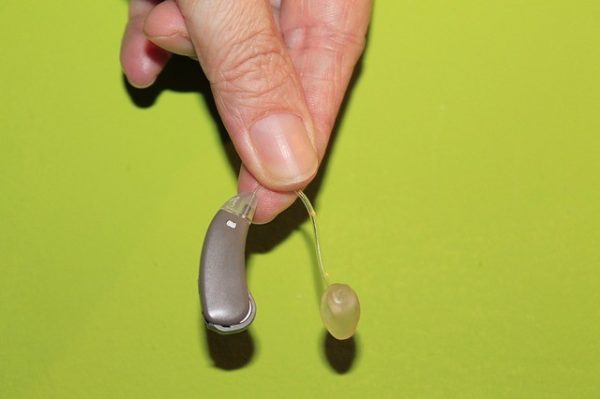Presbycusis (age-related hearing loss) is the loss of hearing in both years due to aging. According to the NIH, age-related hearing loss affects one in every 3 adults over the age of 65. Because the hearing ability gradually disappears, most people may not be aware of this change at first. It often starts by losing the ability to hear high-pitched noises like a ringing phone. However, the ability to hear low-pitched noises isn’t affected.
3 Important Things That You Should Know About Age-Related Hearing Loss
Hearing loss should be addressed immediately
The auditory cortex in your brain requires hearing input to stay in good shape. The hearing input has to go through your ears first and then to the related nerves, and finally into the brain. The brain processes this input in the auditory complex. However, the auditory complex will get poor at processing sounds when you fail to give it enough quality input.
Additionally, cognitive abilities such as thinking and memory can decline much faster in people who develop hearing loss. People with hearing loss are at a higher risk of dementia. Therefore, if your hearing aid isn’t working, you may want to consider hearing aid troubleshooting.
When you suffer from hearing loss, your friends and family may get tired of the extra effort to communicate due to your hearing loss. This can affect your relationships and even affect your ability to maintain your job.
Don’t assume that your family doctor will notice your hearing loss
According to the NCBI, hearing loss is often overlooked in primary care. Therefore, you should be proactive and bring up the hearing loss issue to your health care provider. Although traditional Medicare doesn’t cover audiology testing, the Medicare Advantage plan may cover it. As such, if you suspect you may be suffering from hearing loss, it is important to talk to your healthcare provider and ask them whether this test is covered. Your provider will also be able to determine whether you are a good candidate for CIC Hearing Aids or whether you may require some other hearing assistance.
If you’re not an ideal candidate for hearing aids, you can consider other options
Hearing aids are vital, and they can be very effective. However, they’re not suitable for everyone. This is because you need to have them adjusted and wait for your brain to learn how to work with them. Additionally, those who have severe hearing loss, may not adapt to hearing aids.
Apart from the work needed to adapt to wearing hearing aids, some people, especially those with dementia, may not be good candidates for hearing loss devices. This is because they may have difficulties coordinating between the fitting and adjusting the devices. Additionally, dementia affecting the brain may affect the ability of the auditory cortex to adapt to the hearing aid.
If you or a loved one isn’t a good candidate for hearing aids, you may consider other approaches, including:
- Assistive devices for TVs
- Assistive hearing devices for phones
- Consider better communication strategies like talking in quieter places.
Bottom Line
As you age, you should focus more on your health and wellbeing. However, if you suspect that you or a loved one is suffering from age-related hearing loss, then you should have your hearing evaluated. If you’re diagnosed with presbycusis, ensure that you follow the course of treatment recommended by your health care provider.





